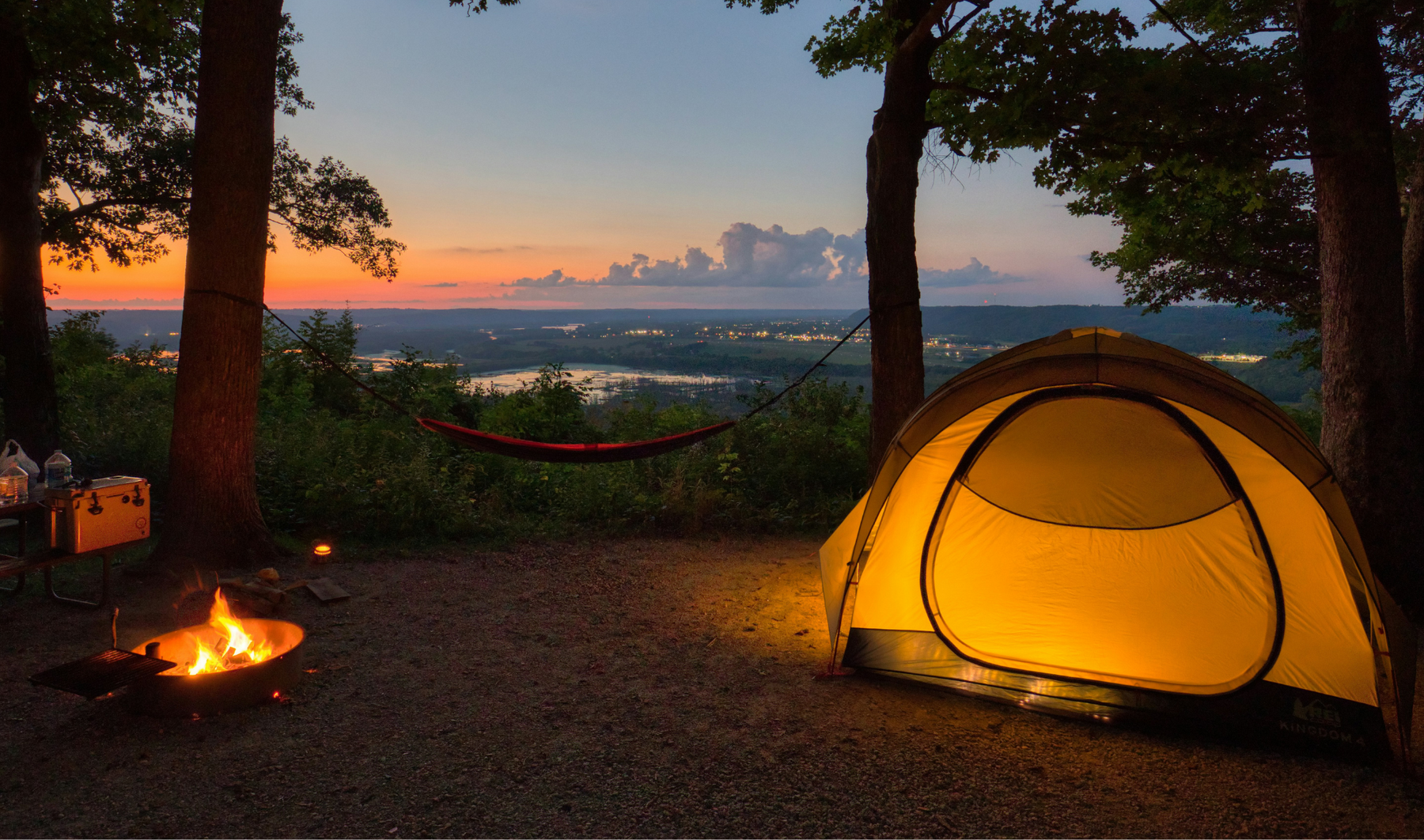
Camping Tips for Families With Autistic Children: A Guide to Autism-Friendly Outdoor Adventures
Family camping is a wonderful way to connect, unwind, and enjoy the beauty of the outdoors together. It’s an opportunity to explore nature, share simple joys, and create lasting memories away from the hustle of everyday life. For families with autistic children, camping can also provide valuable outdoor sensory experiences and a chance to bond in a calm, natural environment.
Planning an autism-friendly camping trip might take a little more preparation, but with the right approach, it can be an enjoyable and accessible experience for all family members.
Choosing the Right Campsite for Autism-Friendly Camping
When searching for an autism-friendly campsite, look for places that offer smaller pitches, quieter environments, and open spaces where your family can feel safe and comfortable.
What to Consider When Choosing a Campsite
-
Safety first: Is the area fenced or secure? Avoid sites too close to water if that’s a concern.
-
Reliable phone signal: Important for medical emergencies or staying connected.
-
Electrical hook-up availability: Necessary if your child uses electronic devices or if you need to prepare special meals.
-
Wi-Fi or internet access: Useful for routines or entertainment, especially for autistic children relying on digital devices.
- On-site activities: Swimming, playgrounds, nature walks — know what’s available to keep your child engaged.
Preparing Your Autistic Child for Camping
Preparation can make all the difference in reducing anxiety and creating a positive experience.
-
Use visual schedules, photographs, and social stories to explain the camping trip.
- Do a test run by camping in your garden or even indoors to familiarize your child with tents, sleeping bags, and camping routines.
Sensory-Friendly Camping: What to Pack
Camping with a child who has sensory processing difficulties means being ready to support their sensory needs:
-
Ear defenders or noise-cancelling headphones
-
Fidget toys and comfort items
-
Weighted blankets for calming
- Any other personal sensory aids
Plan a Predictable Routine
Children with autism often thrive on routine. Structure your camping day with a simple, visual schedule to help your child anticipate activities. Allow flexibility to accommodate downtime if sensory overload occurs.
Facilities to Check: Toilets and Showers
Comfortable, accessible, and private bathroom facilities can greatly improve your camping experience. Verify the cleanliness and accessibility of toilets and showers at your chosen campsite.
Have a Backup Plan
Camping trips don’t always go as planned. Bring extra food, clothes, and entertainment options. Prepare for unexpected situations like bad weather or sensory overload by having alternatives like a car ride, a walk, or heading home early if needed.
Final Thoughts on Camping With Autistic Children
Remember, family camping with autistic children doesn’t have to be perfect or last for days to be meaningful. Even a one-night stay can create positive memories and strengthen family bonds. With thoughtful planning and the right supports in place, camping can be a rewarding, enjoyable experience for your entire family.

